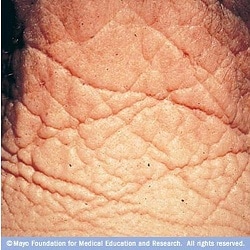In order to tackle a sugar addiction these are a couple of unavoidable issues that are typically at play and need to be dealt with:
1) Stabilize Blood Sugar
Sugary and white flour foods are the foods that digest the most quickly and result in a sharp rise in our blood sugar. This is typically followed by a crash (you may feel hungry, tired, irritable, shaky etc.) and then grab for a sugary treat to get blood sugar up again, starting the behavior again. We call this the blood sugar rollercoaster. It is a self-perpetuating problem. The more we eat this stuff, the more we want it. When we remove or reduce it, the cravings start to reduce.
2) Stop Using Food to Soothe
When we eat sugary brownies or muffins we temporarily feel better as our body produces feel-good neurotransmitters like serotonin, endorphins and dopamine. This means that we’re often in the habit of reaching for these foods in response to triggers like stress, exhaustion, depression, loneliness, anxiety, a bad mood etc. Really anytime we want to feel better. For people with lower levels of these chemicals in their body, they may respond even more to these “sugar highs” and can have intense cravings. This problem can also be exacerbated by learned behaviors from childhood where perhaps you got given sweets as a reward or to cheer you up, so you now have emotional associations with the treat foods.
Of course the benefits we feel are always temporary as eating a lot of these foods is ultimately detrimental to our well being in so many ways!
It is really helpful to get a handle on the sugar problem as we approach the holiday period where we find treats are all around us.
That’s why I’ve decided to reduce my Food Relationship Reset Program cost from $450 to $400 for the remainder of 2019. This is one sweet deal that you don’t have to pass up!




 RSS Feed
RSS Feed
